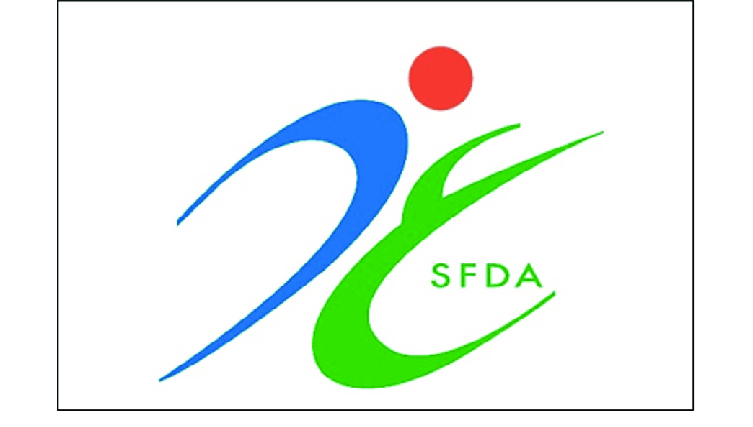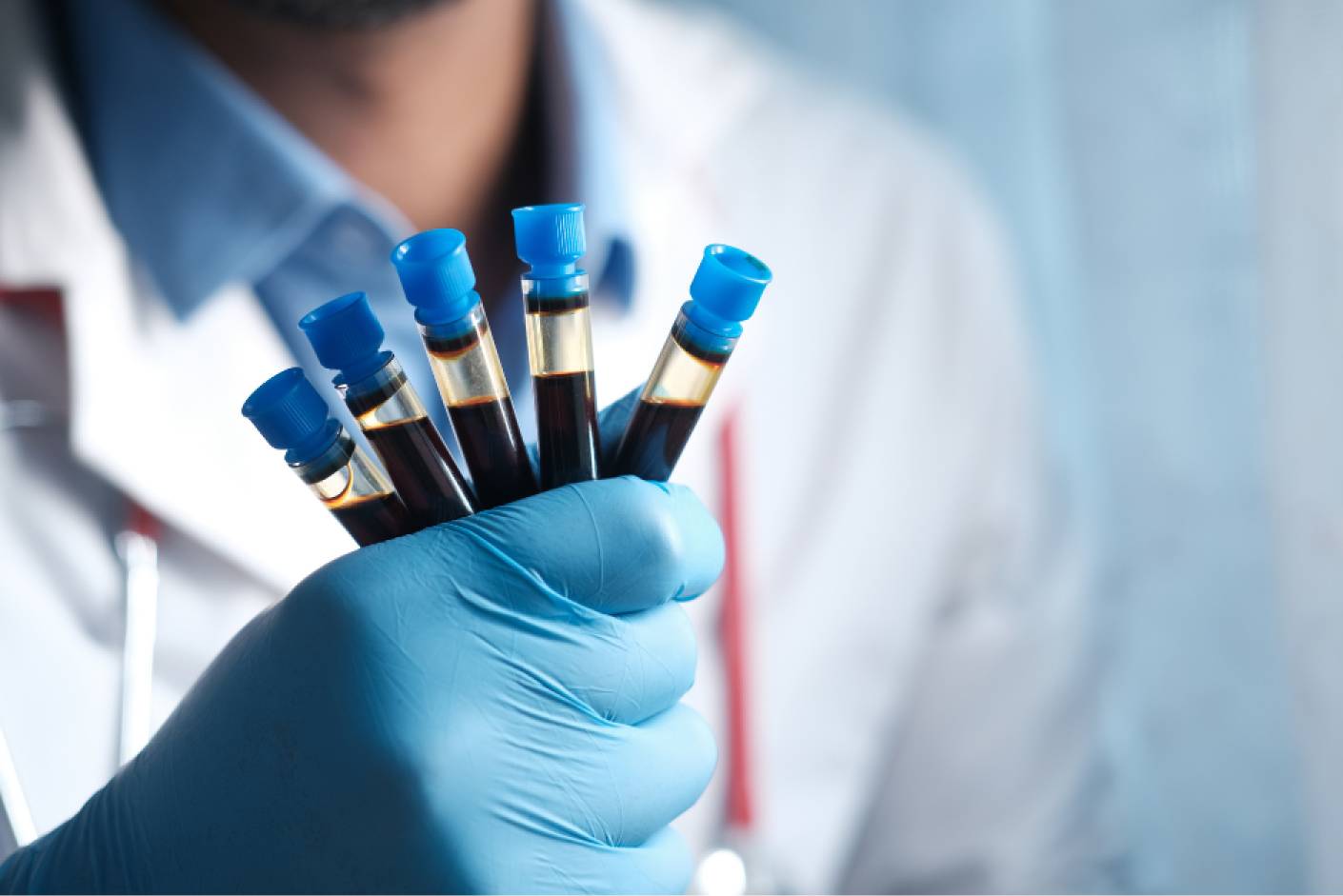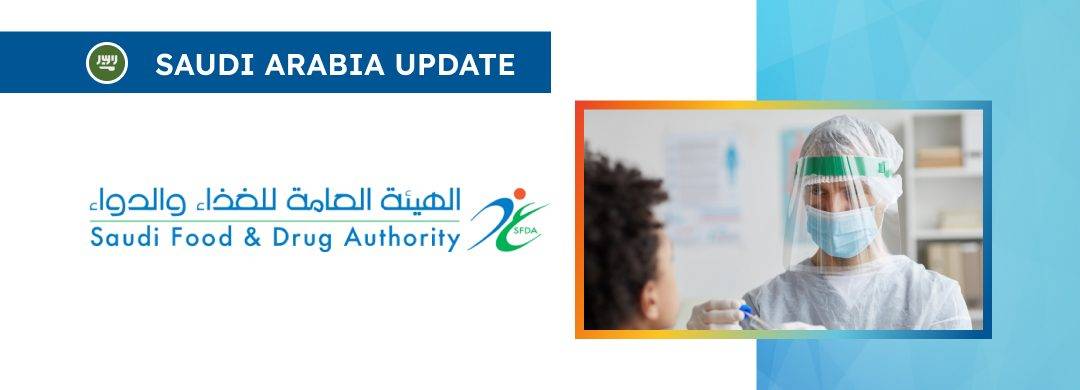The article provides an overview of the regulatory framework for sample collection.

Table of content
The Saudi Food and Drug Authority (SFDA), the country’s regulatory agency in healthcare products, has published a guidance document dedicated to sample collection in the context of medical devices.
The document highlights the key points related to the applicable legislation.
Also, it provides additional clarifications and recommendations to be considered by medical device manufacturers and other parties involved to ensure compliance with it.
At the same time, the authority reserves the right to change the guidance and recommendations provided therein, should such changes be reasonably necessary to reflect corresponding amendments to the underlying legislation.
Introduction
The present guidance issued by the SFDA outlines the procedures for collecting samples of medical devices for laboratory testing.
The main goal is to ensure these devices’ quality, safety, and effectiveness, as well as their compliance with SFDA-approved standards.
The purposes of this document are to clarify the specific procedures for collecting samples of medical devices and to ensure these devices meet the necessary quality, safety, and effectiveness standards set by the SFDA.
The procedures outlined in this document apply to various entities, including medical device manufacturers, their authorized representatives, importers, distributors, and partial sale establishments.
The sampling is conducted in various situations, such as during incoming shipments at customs, inspections, investigations based on incident reports, and as part of the SFDA annual monitoring plan.
It is also important to mention that this document’s provisions align with various legislative articles under the “Saudi Food and Drug Authority Law” and the “Medical Devices Law”.
These laws mandate the SFDA to test products under its jurisdiction and ensure their compliance with technical regulations.

Procedures of Samples Collection
According to the guidance, the SFDA follows specific international standards, such as ISO 2859-1, for collecting samples from targeted medical devices.
A notice of sample collection is provided to the establishment concerned.
Suppose establishments wish to retrieve their non-affected samples. In that case, they must contact the SFDA medical devices lab within 30 days from the issuance of testing results and submit necessary documents, including Saudi ID, authorization letter, shipment clearance letter, and notice of sample collection.
These documents can be submitted via email or at the SFDA Complex Laboratories in Riyadh.
Final Provisions
- Preventive Measures
The SFDA may take preventive actions if there are concerns about harm or misleading claims affecting the safety and efficacy of medical devices.
This includes sample collection and testing at the establishment’s expense. The establishment is prohibited from using the remaining quantity if requested by the SFDA. - Random Sampling
The SFDA may collect random samples from incoming shipments at customs ports to ensure their safety and effectiveness.
The establishment does not bear these samples and their testing costs. - Penalties for Violations
Violations are subject to penalties as per the “Table of the Classifications of Violations and Penalties According to the Medical Devices Law and its Implementing Regulation”.
Terms and Definitions
To assist with the interpretation of the relevant provisions, the document provides definitions of the main terms and concepts associated with sample collection, including, among other things, the following:
- Medical Device: Defined as any instrument or apparatus, including software and material, used for various medical purposes, from diagnosis to treatment.
These devices operate not primarily through pharmacological means but may be assisted by such methods. - Adulterated Medical Devices: These are devices whose identity or content has been deceptively altered, impacting their safety and security.
- Establishment: A legal entity involved in activities related to medical devices.
- Manufacturer: Any national or foreign establishment involved in designing or manufacturing medical devices.
- Authorized Representative: A legal person in the Kingdom authorized to represent a manufacturer outside the Kingdom.
- Labeling: Refers to any information on the medical device, including its name, code, technical description, usage method, and storage and transportation guidelines.
- Complaint: Any communication regarding deficiencies related to the medical device, covering aspects like quality, efficacy, usability, and safety.
- Inspection: A systematic procedure by the SFDA to verify compliance with the medical devices law and its regulation.
- Surveillance: Procedures to control medical devices’ safety, quality, and effectiveness within the Kingdom.
- Partial Sale Establishments: These entities sell home-use medical devices to end users but are not primarily involved in importing and distributing them.
Conclusion
The present SFDA guidance outlines the key points associated with the medical device sample collection. In particular, the document describes in detail the relevant regulatory requirements and clarifies the procedures to be followed by the parties involved.
How Can RegDesk Help?
RegDesk is a holistic Regulatory Information Management System that provides medical device and pharma companies with regulatory intelligence for over 120 markets worldwide. It can help you prepare and publish global applications, manage standards, run change assessments, and obtain real-time alerts on regulatory changes through a centralized platform. Our clients also have access to our network of over 4000 compliance experts worldwide to obtain verification on critical questions. Global expansion has never been this simple.

